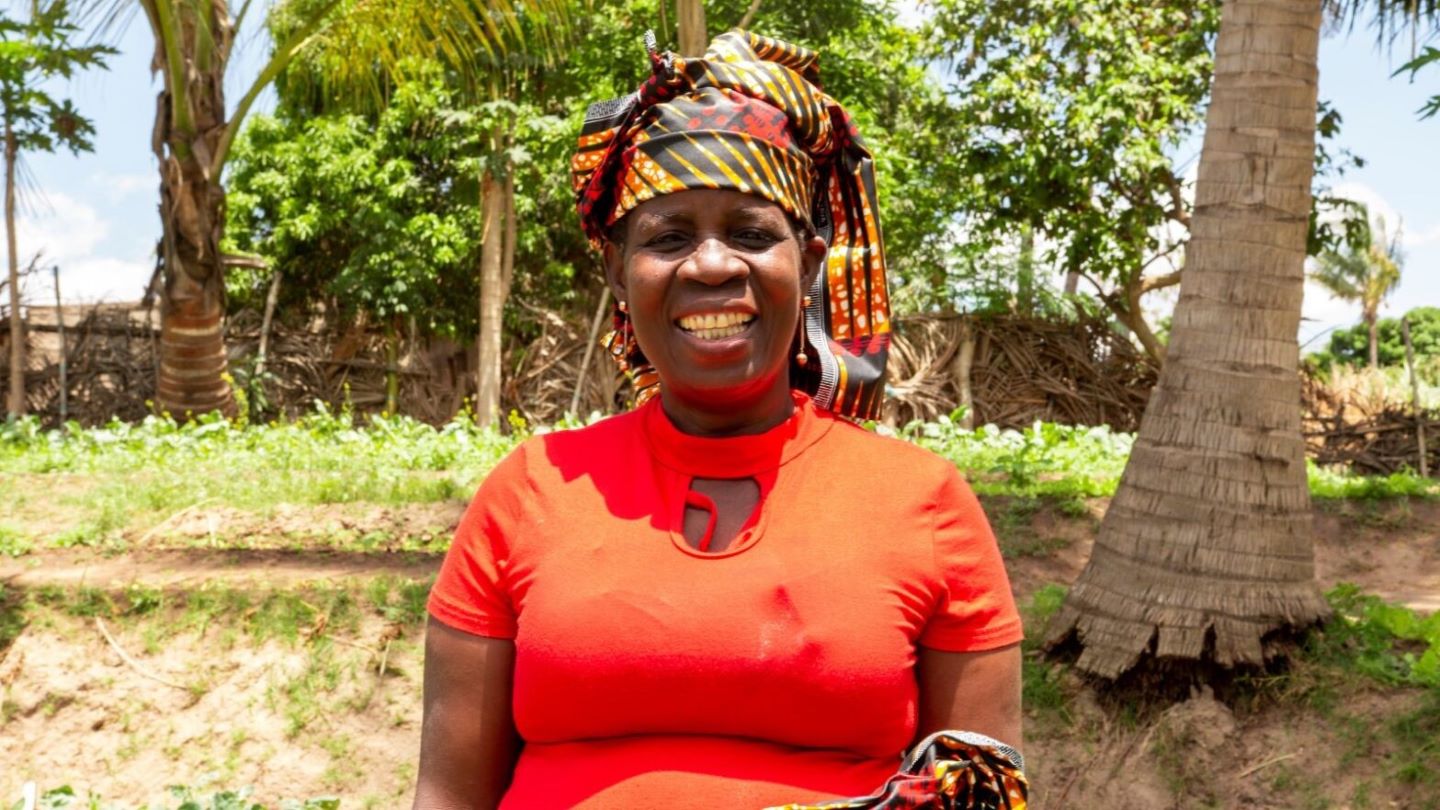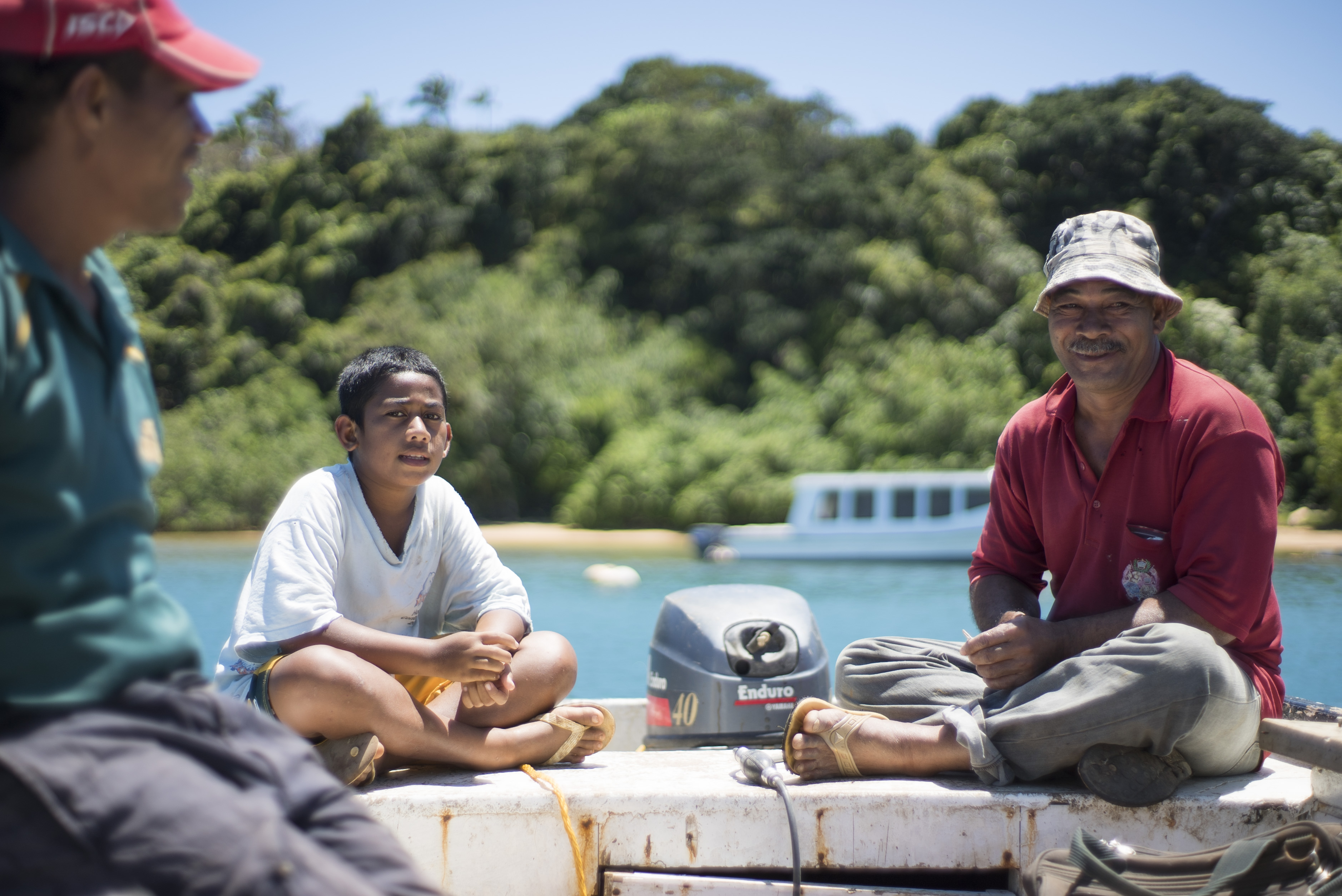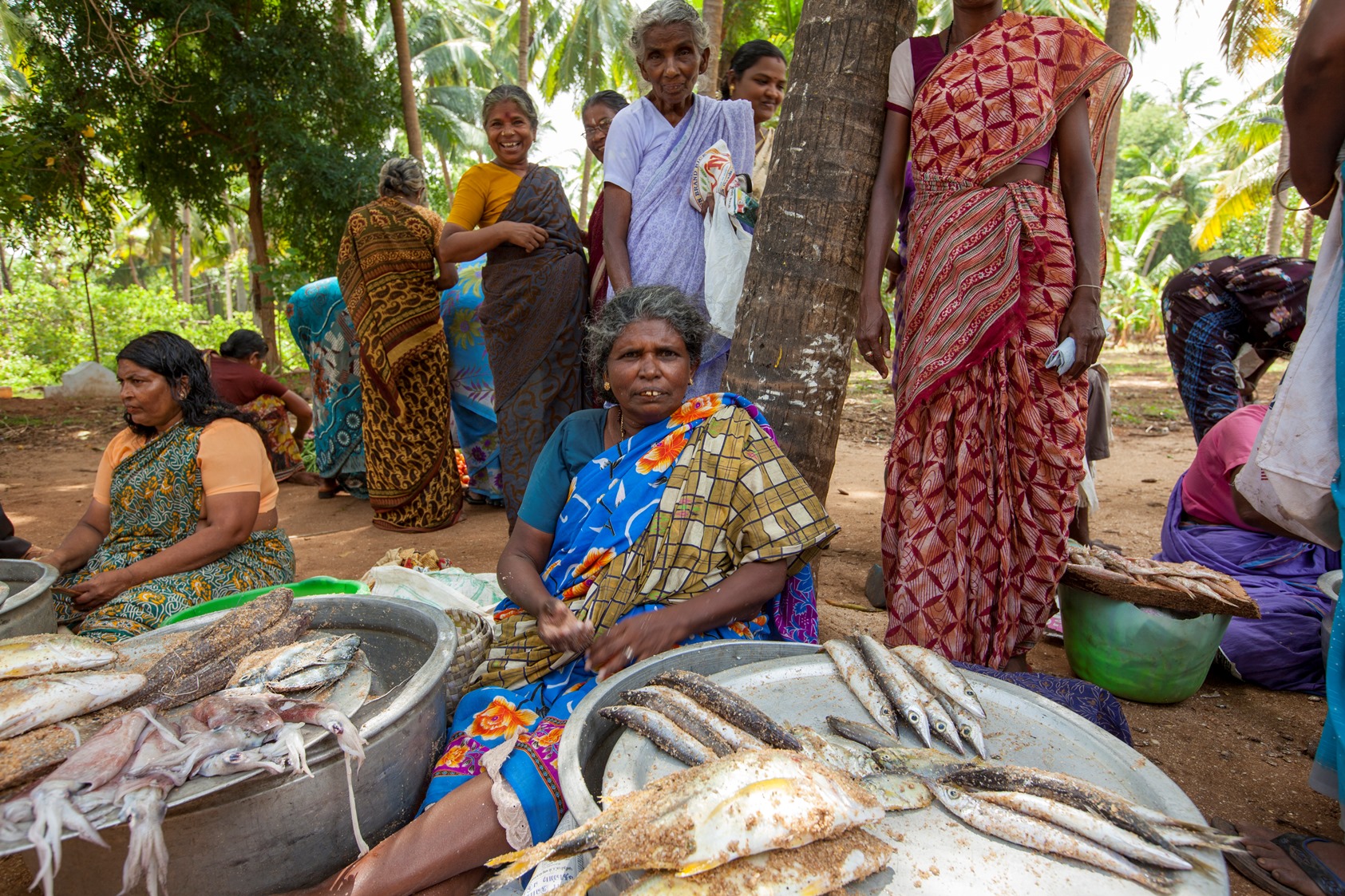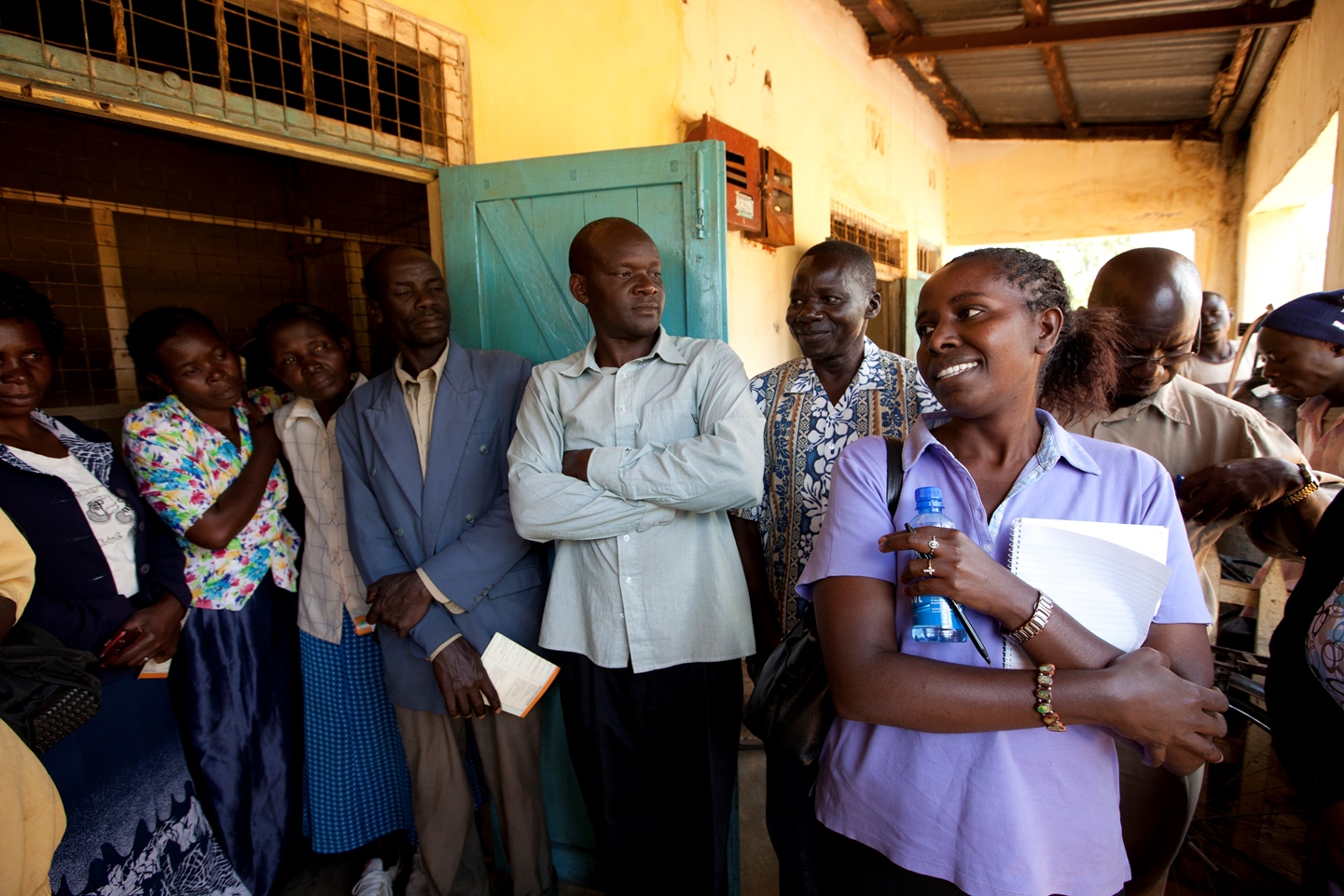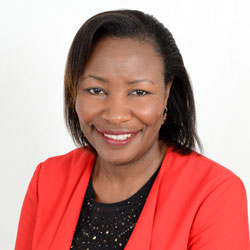Institutions and organisations
Institutions - banner
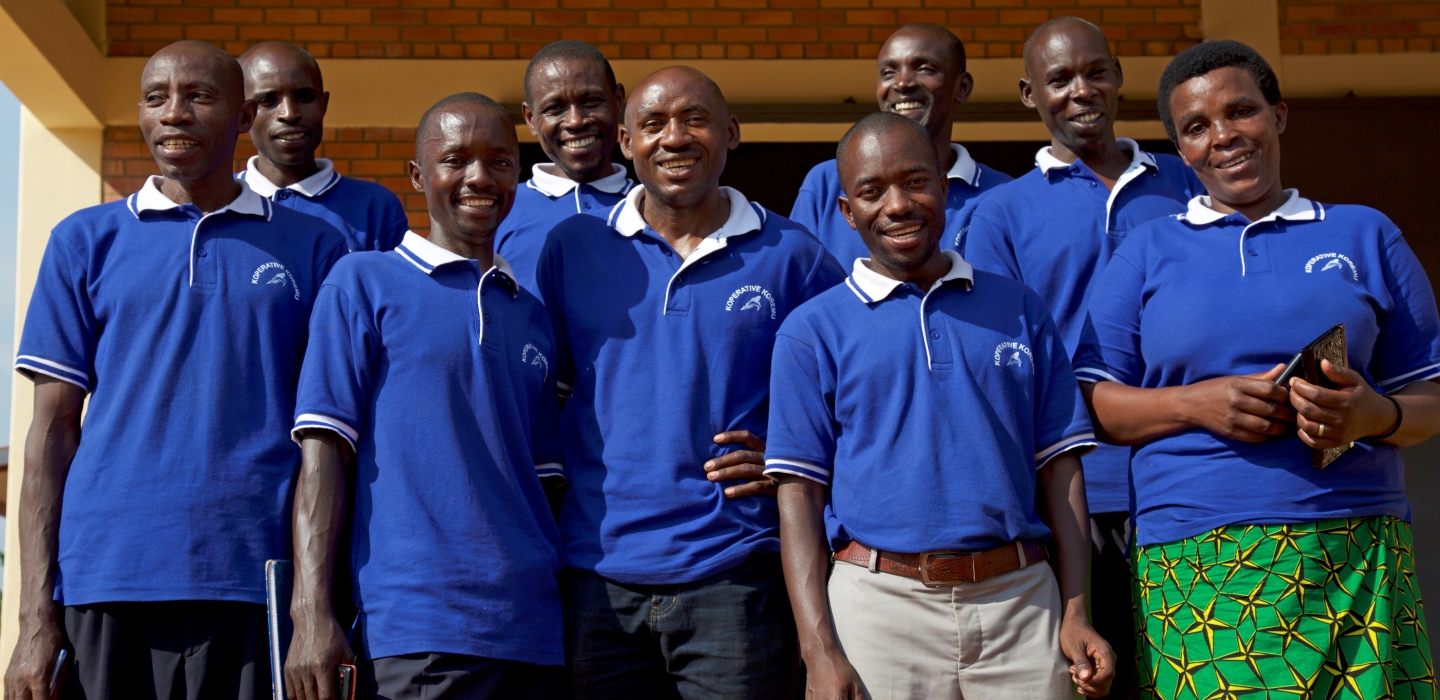
Institutions and organizations
Institutions
Poor rural people rarely control the conditions that determine their livelihoods. Geographically dispersed in remote rural areas, small producers lack the basic infrastructure — banks, roads, power supplies and Internet connectivity — needed to run a business.
Most cannot produce a large enough volume of products to interest buyers, and, when they do, they are often hit with high transaction costs, making it difficult to earn a living and compete in markets.
Smallholder farmers often lack opportunities to negotiate better terms of trade for their agricultural products and to hold governmental and non-governmental organizations accountable for their role in rural development. Their powerlessness is closely linked to a lack of services, as well as the limited provision, and quality, of public goods.
However, effective rural institutions and organizations can help poor rural people overcome these barriers by:
- increasing their productivity and profitability by giving them direct access to critically needed resources, services and markets;
- reducing the price of inputs for farmers through larger collective purchases; and
- acting as a forum for exchanging knowledge and experience, as well as jointly-owned assets, such as equipment and machinery.
Organized groups and communities are more likely to have their voices heard and their demands met. When farmer organizations and cooperatives join forces at higher levels, they can influence policy dialogue and decisions that affect their ability to succeed.
Strong rural institutions also promote social cohesion and stability, decreasing the adverse consequences of political and economic disenfranchisement.
Institutions as drivers of rural change
IFAD is dedicated to securing rural people’s access to productive resources and strengthening rural institutions and organizations. Functioning, inclusive institutions are key to rural transformation and to ensuring that our poverty reduction efforts are sustainable.
Organizations such as market associations and cooperatives help rural women and men negotiate better prices for their produce and access markets. These organizations also facilitate dialogue among smallholder farmers, governments, donors and the private sector.
When rural voices are heard, it is more likely that pro-poor policies will be comprehensive, complementary, and well-placed to meet the diverse needs and realities of small producers in rural communities.
Training, financing and practical support
IFAD-supported projects provide training and financing to support a diverse array of organisations, including water users’ groups, agricultural producer and trade associations, and women and youth associations, among others.
Our activities strengthen rural institutions and develop their organizational capacity — at both the local and national level — so that rural people can overcome social, political and economic barriers, and seize wider opportunities.
For example, we partner with rural financial institutions, such as banks, micro-finance institutions and credit unions, to make it easier for marginalized groups such as indigenous peoples, youth, and women to access loans and credit for their farm and off-farm activities, including for longer-term investments.
IFAD also provides resources to support communities with planning processes, with a particular focus on women. Community-driven development approaches rely on local committees to prioritize investment needs for rural development. It also helps ensure IFAD-supported activities reach as many people as possible.
We have also helped to produce a Toolkit, a Field Practitioner’s Guide, and a Good Practices Guide to support rural institutions and organizations increasing food security around the world.
Spotlight
Spotlight
In Mozambique, a boost to private sector finance is a boost to rural communities
Financial exclusion is acute in rural Mozambique, and women are disproportionately impacted. Closing the funding gap to catalyse private-sector investment in rural communities can make all the difference.
Experts
Asset Publisher
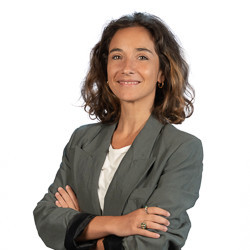
Antonella Cianciotta
Technical Specialist (Global), Farmers' Organizations in Africa, Caribbean and Pacific (FO4ACP)
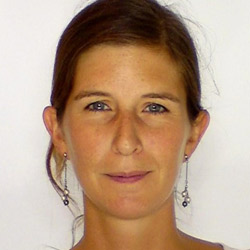
Fanny Grandval
Senior Regional Technical Specialist (West and Central Africa), Rural Institutions
Luiz Claudio Marques Campos
Senior Regional Technical Specialist (Latin America and the Caribbean), Rural Institutions
Sauli Hurri
Lead Global Technical Specialist (East and Southern Africa), Rural Institutions
Marie Edward Mikhail
Country Technical Analyst (Near East, North Africa and Europe)
Stories and news
Stories and news
In Mozambique, a boost to private sector finance is a boost to rural communities
Financial exclusion is acute in rural Mozambique, and women are disproportionately impacted. Closing the funding gap to catalyse private-sector investment in rural communities can make all the difference.
Twenty years on from the first Farmers’ Forum, four farming leaders weigh in
We asked four farmers’ organization leaders from around the world about current challenges, new developments and their hopes for the future at the eighth global meeting of the Famers’ Forum.
In rural China, greenhouses bring new life to the desert
Growing food is a challenge in the harsh desert landscape of northwestern China. But thanks to new greenhouses built by a local cooperative, this village is bursting with fruits, vegetables and mushrooms.
Why we celebrate international days: your questions answered
There’s an international day for nearly every global issue you can think of. Learn how they come into being, the key observances for rural people – and why they matter.
Institutions View more link
Related publications
Related publications
Food Systems Finance for Resilient Futures: A Multilateral Development Bank and National Development Bank Collaboration Roadmap
This working paper proposes five recommendations that Multilateral Development Banks can adopt to implement capital adequacy reforms in a way that supports National Development Banks in transforming food systems finance.
The IFAD-GEF Advantage III: An integrated approach for food systems, climate and nature
This third edition of the GEF-IFAD Advantage highlights the partnership's advantages in various domains, including food systems, biodiversity, climate change adaptation and land degradation.
Farmers’ Organizations in Africa
Related documents
Related documents
Type: Policies and Strategies, Policy
